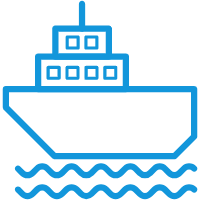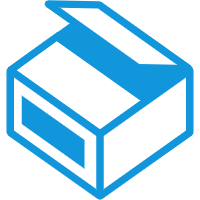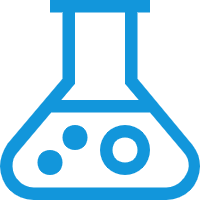The production of lithium batteries cannot be separated from precious metals such as lithium, cobalt, nickel, etc. These element resources are limited, so the recycling of lithium batteries is particularly important. The content of cobalt in waste lithium batteries is much higher than its content in minerals, so waste lithium batteries have high recycling value. It is expected that by 2042, half of the batteries produced globally will use recycled lithium and half will use mineral resources.
Rechem focuses on the green recycling processes for waste power batteries. Rechem has successfully constructed a lithium battery recycling process equipment system and developed an integrated intelligent recycling system for directional dissociation of waste lithium batteries.
After 500-1000 charge and discharge cycles, the active materials of lithium-ion batteries will lose their activity, resulting in a decrease in battery capacity and causing the battery to be scrapped. Lithium ion batteries contain a significant amount of Co, Cu, Li, Al and Fe. The content of cobalt, copper, and lithium can reach 20%, 7%, and 3% respectively.
Lithium ion batteries are usually composed of battery cover, battery case, positive electrode, negative electrode, electrolyte, separator and other components. The currently available positive electrode materials for lithium-ion batteries include LiCoO2, LiNiO, LiMn2O4, LiFePO4, and ternary materials. At present, the recycling of waste lithium batteries mainly focuses on the recovery of active substances in the batteries. Lithium cobalt oxide, as the first generation commercialized positive electrode material for lithium batteries, is currently the most mature positive electrode material. In the short term, it has irreplaceable advantages, especially in the field of communication batteries.

We are manufacturer. We can provide one-stop solution of products, technology and R&D according to customers' requirements.

RECHEM was founded by experienced entrepreneurs in the rare earths and rare metals industry. We have decades of extensive industry and import/export experience..

Products are available in stock for fast customs clearance and shipment.

We have a QC department to keep a strict check on the quality of our products.

Packaging and labeling are available upon your request, neutral or specified.

Our products include rare earths, non-ferrous metals and recycling.